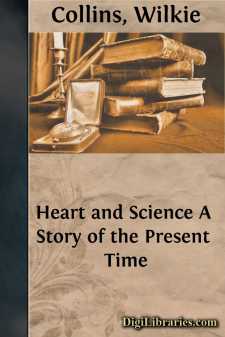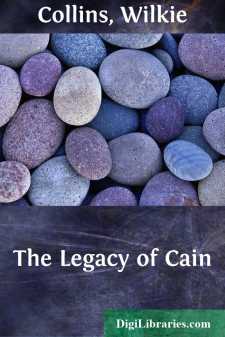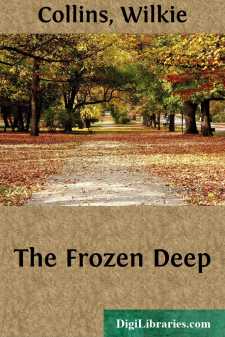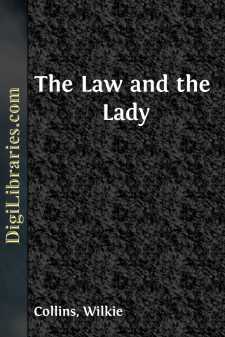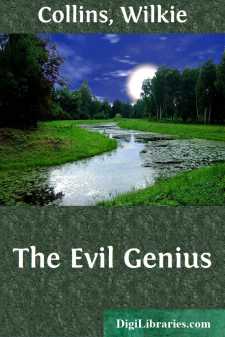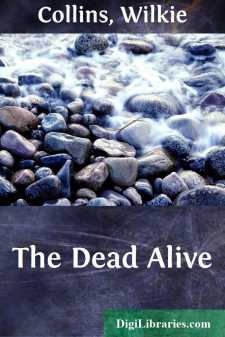Categories
- Antiques & Collectibles 13
- Architecture 36
- Art 48
- Bibles 22
- Biography & Autobiography 815
- Body, Mind & Spirit 144
- Business & Economics 28
- Children's Books 18
- Children's Fiction 14
- Computers 4
- Cooking 94
- Crafts & Hobbies 4
- Drama 346
- Education 58
- Family & Relationships 59
- Fiction 11835
- Games 19
- Gardening 17
- Health & Fitness 34
- History 1378
- House & Home 1
- Humor 147
- Juvenile Fiction 1873
- Juvenile Nonfiction 202
- Language Arts & Disciplines 89
- Law 16
- Literary Collections 686
- Literary Criticism 179
- Mathematics 13
- Medical 41
- Music 40
- Nature 180
- Non-Classifiable 1768
- Performing Arts 7
- Periodicals 1453
- Philosophy 65
- Photography 2
- Poetry 896
- Political Science 203
- Psychology 44
- Reference 154
- Religion 515
- Science 126
- Self-Help 85
- Social Science 83
- Sports & Recreation 34
- Study Aids 3
- Technology & Engineering 60
- Transportation 23
- Travel 463
- True Crime 29
Our website is made possible by displaying online advertisements to our visitors.
Please consider supporting us by disabling your ad blocker.
Heart and Science A Story of the Present Time
by: Wilkie Collins
Description:
Excerpt
I. PREFACE TO READERS IN GENERAL
You are the children of Old Mother England, on both sides of the Atlantic; you form the majority of buyers and borrowers of novels; and you judge of works of fiction by certain inbred preferences, which but slightly influence the other great public of readers on the continent of Europe.
The two qualities in fiction which hold the highest rank in your estimation are: Character and Humour. Incident and dramatic situation only occupy the second place in your favour. A novel that tells no story, or that blunders perpetually in trying to tell a story—a novel so entirely devoid of all sense of the dramatic side of human life, that not even a theatrical thief can find anything in it to steal—will nevertheless be a work that wins (and keeps) your admiration, if it has Humour which dwells on your memory, and characters which enlarge the circle of your friends.
I have myself always tried to combine the different merits of a good novel, in one and the same work; and I have never succeeded in keeping an equal balance. In the present story you will find the scales inclining, on the whole, in favour of character and Humour. This has not happened accidentally.
Advancing years, and health that stands sadly in need of improvement, warn me—if I am to vary my way of work—that I may have little time to lose. Without waiting for future opportunities, I have kept your standard of merit more constantly before my mind, in writing this book, than on some former occasions.
Still persisting in telling you a story—still refusing to get up in the pulpit and preach, or to invade the platform and lecture, or to take you by the buttonhole in confidence and make fun of my Art—it has been my chief effort to draw the characters with a vigour and breadth of treatment, derived from the nearest and truest view that I could get of the one model, Nature. Whether I shall at once succeed in adding to the circle of your friends in the world of fiction—or whether you will hurry through the narrative, and only discover on a later reading that it is the characters which have interested you in the story—remains to be seen. Either way, your sympathy will find me grateful; for, either way, my motive has been to please you.
During its periodical publication correspondents, noting certain passages in "Heart and Science," inquired how I came to think of writing this book. The question may be readily answered in better words than mine. My book has been written in harmony with opinions which have an indisputable claim to respect. Let them speak for themselves.
SHAKESPEARE'S OPINION.—"It was always yet the trick of our
English nation, if they have a good thing, to make it too common."
(King Henry IV., Part II.)
WALTER SCOTT'S OPINION—"I am no great believer in the extreme
degree of improvement to be derived from the advancement of Science; for
every study of that nature tends, when pushed to a certain extent, to
harden the heart."(Letter to Miss Edgeworth.)
FARADAY'S OPINION.—"The education of the judgment has for its
first and its last step—Humility."(Lecture on Mental Education, at
the Royal Institution.)
Having given my reasons for writing the book, let me conclude by telling you what I have kept out of the book....


